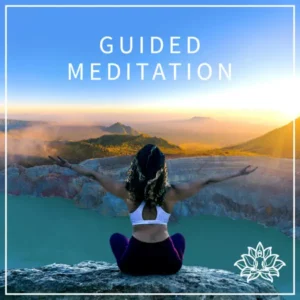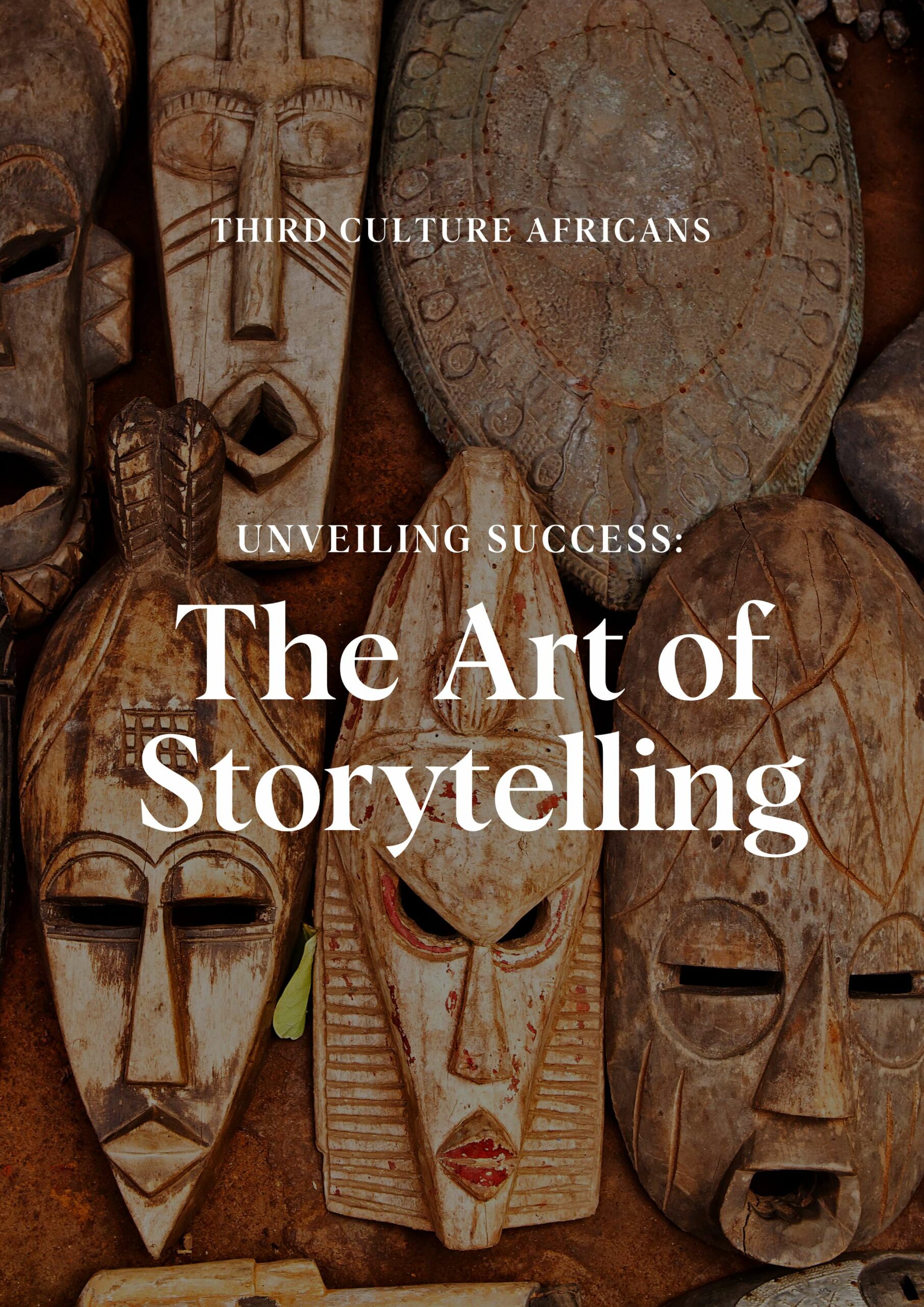In an era characterized by rapid technological advancements and relentless societal expectations, the quest for self-discovery has become increasingly challenging yet profoundly essential. Individuals often find themselves swept away by the demands of daily life, leaving little time for introspection and personal growth.
The complexities of modern existence, marked by information overload and constant connectivity, can hinder one’s ability to explore their true identity, passions, and values. As people navigate through a fast-paced world, it is imperative to adopt effective strategies that facilitate meaningful self-discovery.
This article aims to provide a comprehensive overview of practical techniques that individuals can employ to cultivate a deeper understanding of themselves amid the chaos. By integrating mindfulness practices, reflective journaling, and goal-setting exercises, individuals can create intentional spaces for exploration and insight.
Moreover, fostering supportive relationships and engaging with diverse experiences can enhance personal awareness and lead to transformative growth. As the journey of self-discovery unfolds, it becomes a vital component for achieving personal fulfillment and resilience, equipping individuals to navigate life’s complexities with purpose and clarity.
In this context, the following strategies will serve as valuable tools for those seeking to reconnect with their authentic selves in a fast-paced world.
Embracing mindfulness to enhance self-awareness.
Practicing mindfulness serves as a powerful tool for individuals seeking to deepen their self-awareness. By cultivating an intentional focus on the present moment, individuals can gain insights into their thoughts, emotions, and behaviors without the distractions of past experiences or future anxieties.
This heightened state of awareness allows for a clearer understanding of one’s internal landscape, enabling individuals to identify patterns in their reactions and thought processes.
As they learn to observe their experiences with curiosity and non-judgment, they often discover underlying motivations and beliefs that shape their actions, fostering a more profound connection to their authentic selves.
Moreover, the integration of mindfulness into daily routines can promote emotional regulation and resilience. By regularly engaging in mindfulness practices, such as meditation or mindful breathing, individuals can create a mental space that allows them to respond to challenges with greater clarity and composure.
This proactive approach not only enhances self-awareness but also encourages a compassionate relationship with oneself, leading to healthier coping mechanisms and improved decision-making. In this way, mindfulness becomes not just a practice, but a vital aspect of an individual’s journey toward self-discovery and personal growth.

Check out this podcast!
This solitude not only aids in processing experiences but also allows for a more profound analysis of one’s beliefs and aspirations.
Setting intentional goals for personal growth.
Establishing clear and intentional goals is crucial for individuals committed to personal growth, as it provides direction and purpose in their journey of self-improvement. By defining specific objectives, individuals can create a roadmap that guides their actions and decisions, making it easier to track progress and celebrate achievements along the way.
Intentional goal-setting encourages individuals to reflect on their values, aspirations, and areas for development, aligning their efforts with their authentic selves. This alignment not only enhances motivation but also fosters a sense of accountability, as individuals become more aware of how their daily choices contribute to their long-term aspirations.
Furthermore, intentional goals serve as benchmarks for measuring growth and adapting strategies as needed. Individuals are encouraged to periodically reassess their objectives, reflecting on what they have learned and how they have evolved in pursuit of their goals.
This ongoing evaluation allows for flexibility and adjustment, ensuring that their aspirations remain relevant and aligned with their personal journey. By embracing the process of intentional goal-setting, individuals not only cultivate a stronger sense of purpose but also develop resilience and adaptability, equipping them to navigate the complexities of life with greater confidence and clarity.

Download our free Goal Planner
Reflecting on experiences to gain insights.
Through the practice of introspection, individuals can extract valuable insights from their experiences, fostering deeper self-awareness and enhancing their personal growth. By taking the time to analyze past events, decisions, and emotional responses, one can identify patterns that contribute to both successes and challenges.
This analytical approach enables individuals to understand the motivations behind their choices and recognize areas where they may need to adapt their strategies or perspectives. Such reflections not only clarify one’s values and priorities but also reinforce the lessons learned, ultimately guiding future actions with more informed and conscious decision-making.
Moreover, the act of reflecting encourages a mindset of continuous improvement, prompting individuals to view setbacks as opportunities for learning rather than failures. This shift in perspective cultivates resilience, allowing individuals to approach new challenges with a growth-oriented mindset.
By documenting these reflections, either through journaling or discussions with trusted confidants, individuals can create a repository of insights that serve as a reference point for future endeavors.
This reflective practice not only strengthens one’s understanding of themselves but also enhances their ability to navigate the complexities of their personal and professional lives with greater confidence and clarity.
Prioritizing quiet time for introspection.
Incorporating dedicated periods of quiet time into one’s routine can significantly enhance the quality of introspection, providing a necessary space for contemplation and self-discovery. By eliminating distractions and fostering an environment conducive to reflection, individuals can delve deeper into their thoughts and emotions without external interruptions.
This solitude not only aids in processing experiences but also allows for a more profound analysis of one’s beliefs and aspirations. As a result, individuals are better equipped to align their actions with their core values, promoting authenticity in both personal and professional domains.
Furthermore, embracing quiet time serves as a powerful antidote to the chaos of daily life, offering a sanctuary for mental clarity. In an age characterized by constant connectivity and stimulation, such moments of stillness are invaluable for recalibrating one’s focus and intentions.
By routinely engaging in this practice, individuals cultivate a habit of mindfulness that can lead to improved decision-making and enhanced emotional well-being. Ultimately, prioritizing quiet time for introspection empowers individuals to navigate their lives with greater purpose and insight, fostering a more profound connection with themselves.
Seeking feedback from trusted individuals.
Feedback from trusted individuals, such as mentors, colleagues, or close friends, provides an external perspective that can illuminate blind spots in one’s self-assessment. These trusted voices can highlight strengths that may have gone unnoticed and gently point out areas for improvement, facilitating a more nuanced understanding of oneself.
Engaging in open dialogues with these individuals not only fosters deeper connections but also cultivates a culture of constructive criticism that is essential for personal growth.
Moreover, seeking feedback encourages individuals to step outside their comfort zones and embrace vulnerability, which is often a prerequisite for authentic self-discovery. By inviting others to share their observations and perspectives, individuals demonstrate a willingness to learn and evolve.
This feedback loop not only enriches their understanding of their own behaviors and motivations but also empowers them to take actionable steps toward achieving their goals. Ultimately, the integration of external feedback with personal introspection creates a robust framework for continuous self-improvement in both personal and professional realms.
In conclusion, the pursuit of self-discovery in today’s fast-paced world requires intentional strategies and a commitment to personal growth. By integrating practices such as mindful reflection, setting aside dedicated time for introspection, and engaging in meaningful conversations, individuals can cultivate a deeper understanding of themselves.
Embracing the journey of self-discovery not only enhances personal fulfillment but also equips individuals with the resilience needed to navigate the complexities of modern life. As they implement these strategies, they will find that the path to self-awareness is not just a destination, but an ongoing process that enriches their lives and fosters authentic connections with others.


